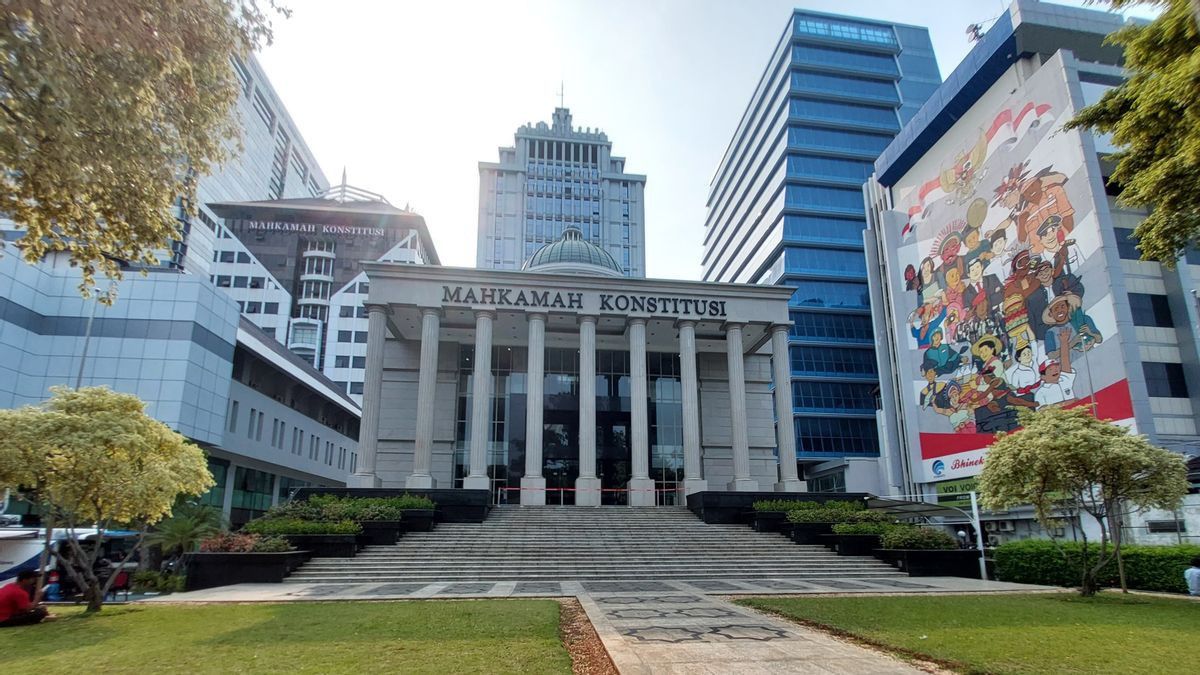JAKARTA - Chairman of the Constitutional Court (MK) Suhartoyo said that the application of artificial intelligence (AI) to the justice system not only increases efficiency, but also transparency and procedural justice.
"Talking about artificial intelligence, the application of AI to the justice system not only increases efficiency, but also increases transparency and procedural justice," Suhartoyo said when he was a keynote speaker at a national seminar at Sebelas Maret University as reported by ANTARA, Saturday, May 11.
According to Suhartoyo, the presence of AI must be managed wisely so that technological developments do not turn humans into machine slaves. He also reminded AI not to replace the constitutional and substantial wisdom that has been upheld so far.
"At the Constitutional Court, we continue to strive not only to follow, but also to determine the direction of the fair future of the judiciary," he added.
The Constitutional Court, said Suhartoyo, sees AI as a tool that enriches the way to provide information services that are fast, precise, and accurate in the stage of case settlement. However, the Constitutional Court realizes that new technology must be integrated with caution and strict ethical considerations.
"In the context of legal transformation, it is required not only to critically evaluate existing legal norms, but also to be proactive in contributing to initiating changes in legal norms so that the legal norms are in fact able to answer the challenges of the times," he said.
The national seminar raised the theme of Adapting AI as a Form of Progressivity of the Constitutional Court in Responding to the Constitutional Justice Transformation Enigm. On that occasion, Suhartoyo invited the academic community to remain critical in adopting technological developments.
SEE ALSO:
"I invite all of you not to see AI as a tool, but also as a challenge to think more deeply, critically, and innovatively about the future of our judiciary," said the Chief Justice of the Constitutional Court.
Suhartoyo said that the campus community has a crucial role as a court friend for the Constitutional Court.
He admitted that the Constitutional Court often needed thoughts and ideas, analysis, studies, and academic research that were built on the basis of critical and innovative reasoning among campuses.
"The public of the academic campus or community is an important actor in providing a significant contribution in guarding our legal process since the formulation and formation of law, changes and legal policy updates, including in the implementation of law in Indonesia," he said.
The English, Chinese, Japanese, Arabic, and French versions are automatically generated by the AI. So there may still be inaccuracies in translating, please always see Indonesian as our main language. (system supported by DigitalSiber.id)

















